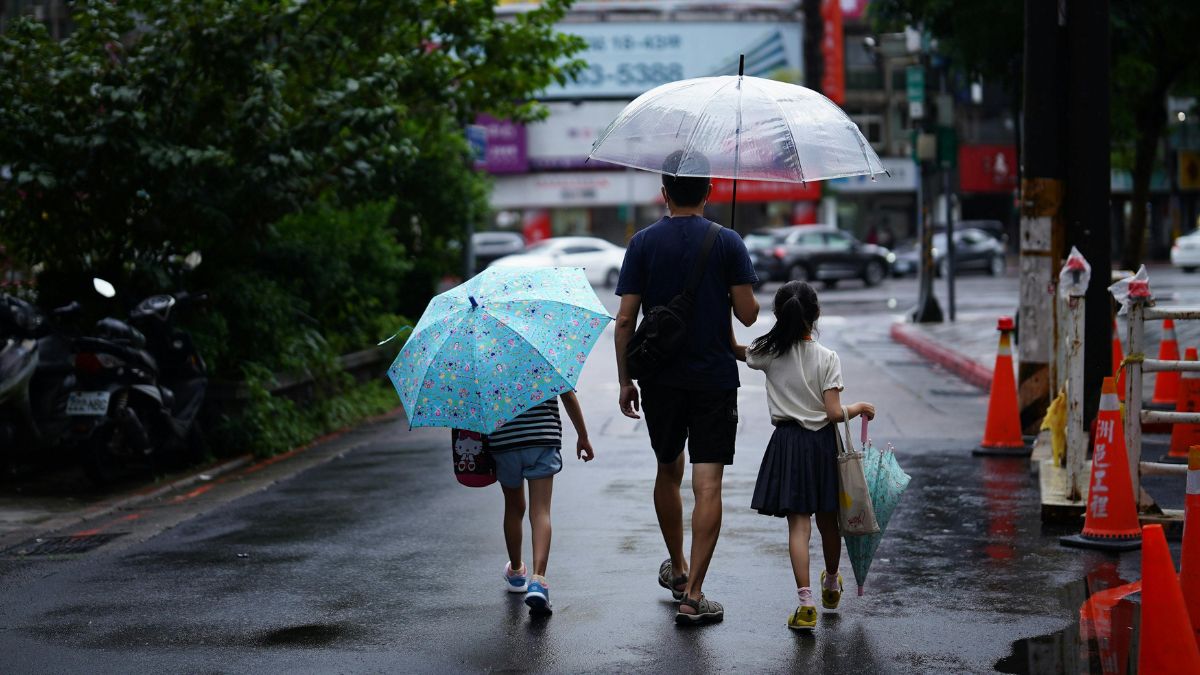
Dengue and Malaria Surge in Delhi-NCR After Monsoon
The recent monsoon in Delhi-NCR has brought more than just respite from the summer heat; it has turned into a breeding ground for mosquitoes. Heavy rainfall has created numerous stagnant water pools, which serve as perfect nurseries for mosquito larvae. As a result, there has been an alarming increase in vector-borne diseases like dengue, malaria, and chikungunya.
In August 2025, Delhi recorded 286.7 mm of rain, nearly 25% above the monthly average. As we move into September, expectations of additional rainfall are high, hinting at a total that could exceed 300 mm this season. By the end of July, dengue cases had already reached 277, marking one of the highest mid-year tallies in the past five years. Just weeks later, that number surged to over 350, with hospitals reporting new admissions every week.
Last year, the capital faced over 10,585 dengue cases and 11 deaths. This year’s early surge is concerning. Alongside dengue, malaria is also making a comeback, with 124 confirmed cases reported by late July, already surpassing last year’s total. This represents the sharpest rise in malaria cases in nearly a decade at this stage of the monsoon.
Chikungunya cases remain relatively low, with only 17 cases reported. Yet, health experts warn that the potential for this disease to flare up exists as the rainy season continues. Municipal reports reveal that over 9,100 mosquito-larva-positive sites were identified in just one week of July, underscoring the severity of the issue.
Doctors stress the importance of recognizing symptoms early. Patients exhibiting persistent vomiting, abdominal pain, bleeding, breathlessness, or sudden confusion should be hospitalized immediately. Prevention is the best defense against these diseases.
As unpredictable weather patterns continue to reshape public health, the rising numbers of mosquito-borne diseases highlight the need for awareness and preventive measures. With more rain forecasts in September, experts urge the public to remain vigilant. Timely diagnosis and proactive steps can help alleviate the burden on hospitals and ultimately save lives.
It is crucial to remember that the tips shared in this article are for general informational purposes. Always consult with a healthcare professional for personalized advice.











